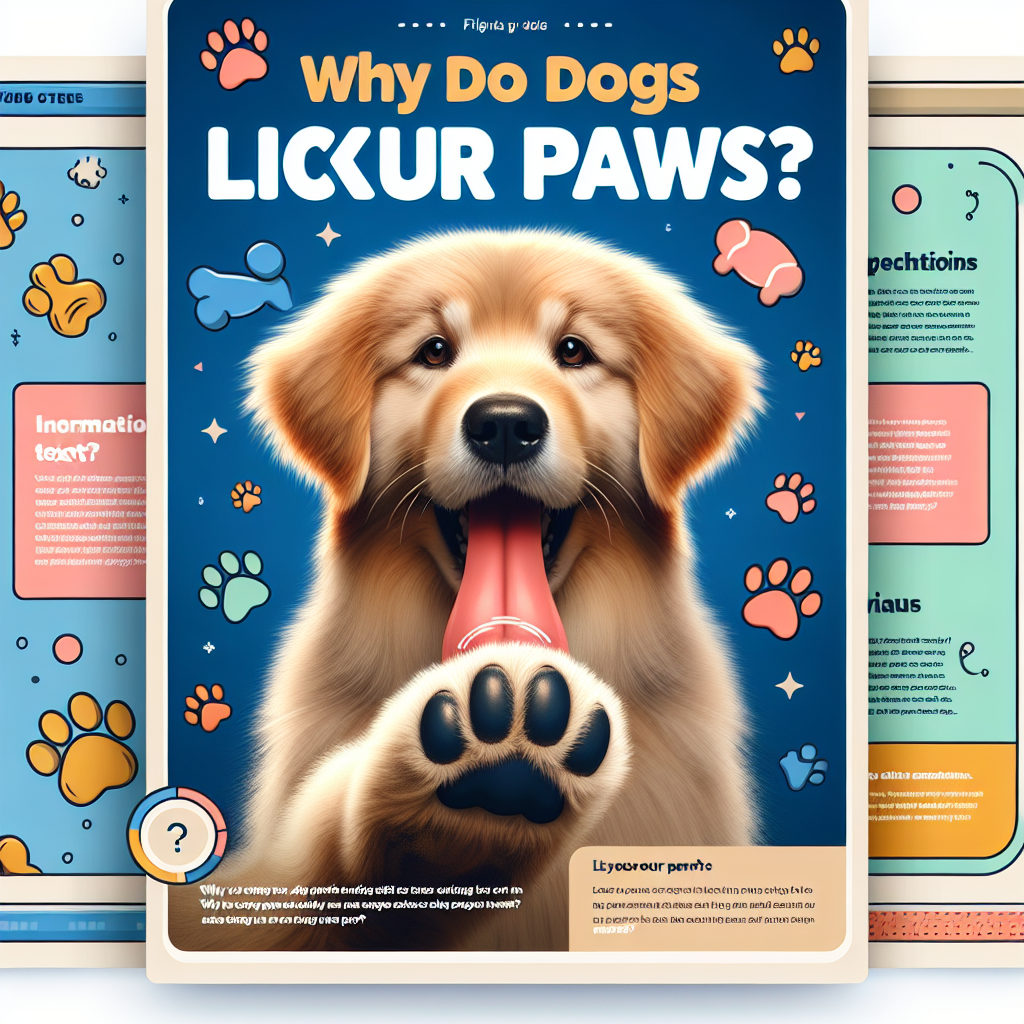Can Dogs Eat Salami? A Comprehensive Guide for Pet Owners
As loving dog owners, we often find ourselves tempted to share our favorite treats with our furry friends. One such indulgence that might come to mind is salami—an Italian cured sausage that’s beloved for its rich flavor and versatility. However, before you toss a slice to your dog, it’s essential to consider several factors regarding salami’s safety and health implications.
The Nutritional Composition of Salami
Salami is primarily made from pork, beef, or a combination of meats that have been cured with salt, spices, and other preservatives. Here’s a breakdown of the key components of salami:
- Fat Content: Salami is typically high in fat, which can contribute to obesity in dogs if consumed in excess.
- Sodium Levels: Salami is known for its high sodium content, which can be harmful to dogs. Too much salt can lead to dehydration, increased thirst, or even more serious conditions like sodium ion poisoning.
- Spices and Preservatives: Salami is usually seasoned with various spices, some of which could be harmful to dogs. Ingredients commonly found in salami include garlic and onion, both of which are toxic to canines.
Potential Risks of Feeding Salami to Dogs
-
Obesity: Given its high-fat content and caloric density, feeding salami to dogs regularly can lead to weight gain and associated health issues, including diabetes and joint problems.
-
Sodium Toxicity: Salami’s high sodium level can lead to serious health complications. Symptoms of sodium poisoning in dogs can include vomiting, diarrhea, excessive thirst, and even seizures in severe cases.
-
Gut Issues: The spices and preservatives in salami can irritate your dog’s gastrointestinal system, potentially leading to upset stomach, diarrhea, and discomfort.
- Allergic Reactions: Some dogs may have allergies to certain ingredients in salami, which could trigger skin reactions or gastrointestinal issues.
When is Salami Acceptable?
While it’s generally best to avoid feeding your dog salami, small amounts on rare occasions might not be harmful for healthy adult dogs. Here are some guidelines for safe consumption:
- Moderation is Key: If you choose to give your dog a tiny piece of salami as an occasional treat, it should be just that—a rare treat, not a regular part of their diet.
- Monitor for Reactions: After giving your dog a small amount of salami, observe them for any adverse reactions, such as vomiting, diarrhea, or excessive thirst.
- Seek Healthier Alternatives: Instead of salami, consider offering dog-safe treats that provide nutritional benefits without the risks associated with cured meats. Options include cooked lean meats (like chicken or turkey), fruits (like apples or blueberries), and vegetables (like carrots or green beans).
Conclusion
In conclusion, while the curiosity of sharing a slice of salami with your four-legged friend may be tempting, it’s crucial to consider the potential health risks associated with this deli favorite. Given its high fat and sodium content, along with the presence of potentially harmful spices, salami is not the best choice for your dog’s diet. Instead, opt for human-grade, dog-friendly treats that prioritize your canine’s health and well-being. Always consult with your veterinarian if you have any concerns about your dog’s diet or specific food items. Remember, a healthy dog is a happy dog!





